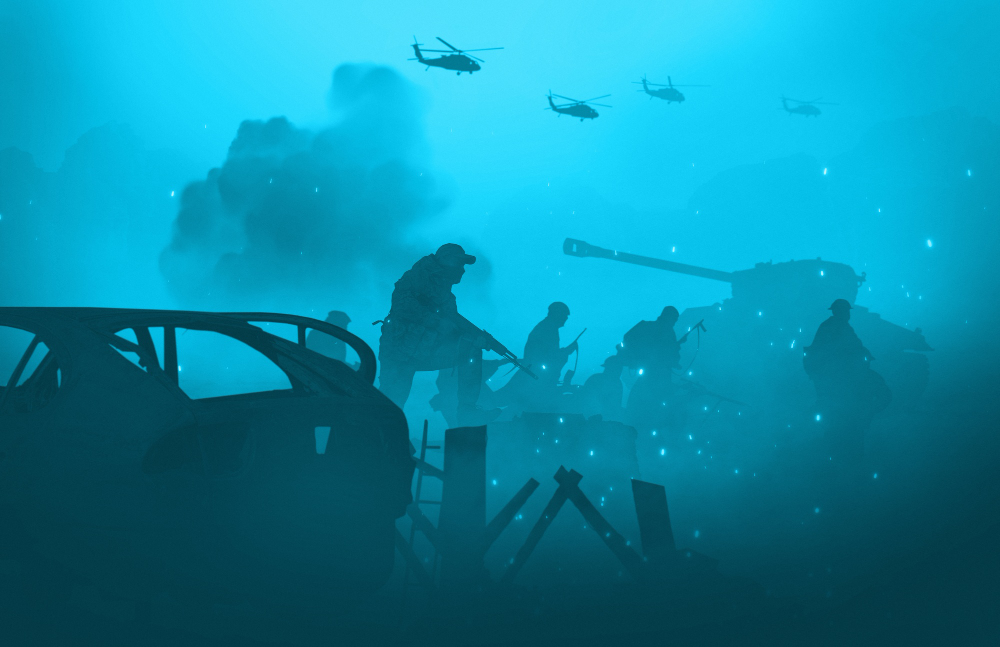By Terpsi Vasilopoulou,
Wartime sexual violence refers to rape or other forms of sexual violence committed by combatants as one of the most frequently used means of physiological warfare to humiliate the enemy during periods of armed conflict, war, or military occupation. As a term, it can also refer to forms of sexual assault such as gang rape and rape with objects while as a practice it is distinguished from both sexual harassment and sexual assault and rape committed amongst troops in military service. Even though the percentages referring to wartime sexual violence of that type are much higher when it comes to female populations it is a great mistake not to take into account the thousand cases of men falling victim to such assault in every war case. Research has been neglecting males and masculinities creating a discourse of exceptionality and novelty as if it were a new problem.
It is indeed a fact that men more than often have fallen victim to such attacks with their voices not being heard or experiences not being expressed for a variety of reasons. Starting with the International institutional framework there are many pathogenies one can detect that restrict men from openly talking about their traumatic experiences. Even though the UK-funded 2106 UN resolution introduced the topic of men and boys as victims of sexual violence in conflict it fell far short of a call for action. The resolution was later incorporated as one of the 8 dominating discussions on the women, peace, and security agenda, however, men were still structurally discriminated against as victims as there were only women protection advisers recruited and therefore the stereotype of sexual violence being an only women issue is perpetuated. Medecins Sans Frontieres are one of the few NGOs relating some male survivor stories now and then but there still needs to be much greater representation for the topic to reach the publicity needed for action to be taken.

Besides the institutional factors though neglecting the experiences of male victims and the exercise of sexual violence against them, social factors and gender biases prevent men from sharing their experiences and confessions. Once again, even though patriarchy is mostly discussed within the framework of female suppression, its stigma and remnants in modern-day society are not only affecting women and their place in society but also enforce toxic masculinity behaviors and models that suppress males’ emotions and won’t let them express themselves afraid of the stigma and opinions of obsolete societies. Here lies another reason why the research will not delve deeper into male victims of sexual assault as men usually persevere as the suppressors and perpetrators rather than the victims, while this position of the addressee of the assault is usually contradictory to their role and the ideal of being a man as given by patriarchy both in circumstances of conflict or not. 87% of men will not admit they have been sexually abused as they start to believe they are not worthy of respect after this experience and also fear being “accused” of homosexuality in a context where that is something to be ashamed of.
To conclude wartime sexual assault is a topic regarding both sexes and no discrimination should be allowed. Patriarchal views and institutions have made our views and research one-sided in a variety of topics and circumstances in this case hurting males and masculinities even more. In this case, as in most, a gender biased approach can only obscure our understanding of the underlying mechanisms and hinder our final goal by in practice sustaining wartime sexual violence.
References
- Experts: Males Also Are Victims of Sexual Assault. U.S. Department of Defense. Available here
- WARTIME SEXUAL VIOLENCE AGAINST MEN on JSTOR, jstor.org. Available here
-
Goodley, H. (2019). Ignoring Male Victims of Sexual Violence in Conflict Is Short-sighted and Wrong, Chatham House – International Affairs Think Tank. Available here




